Search
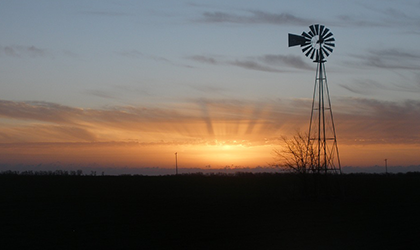
SDSU Extension to Hold Workshops for Beginning Farmers/Ranchers Looking for Land
August 04, 2020
SDSU Extension will host Farmland for the Next Generation, an eight-week virtual workshop series, beginning August 31.
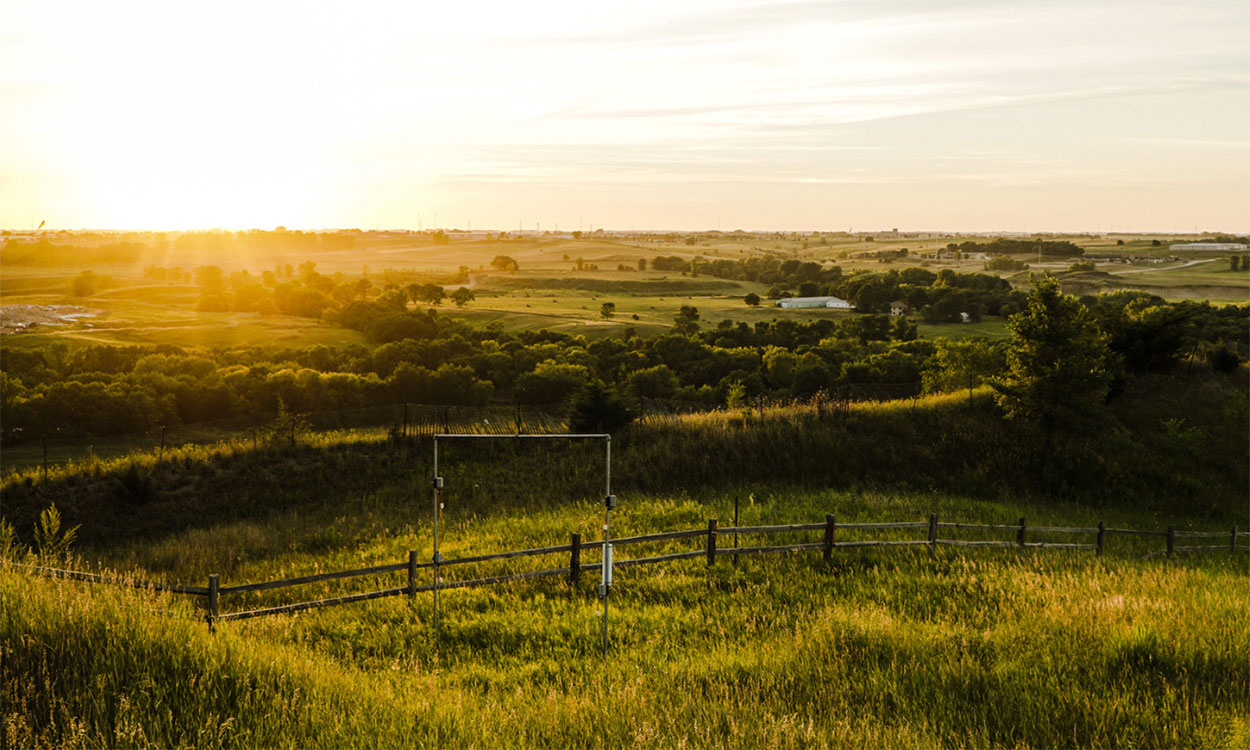
Variances in Working Capital to Gross Farm Revenues
Learn some of the key differences in working capital to gross revenue among farm types, level of gross sales and by net income.
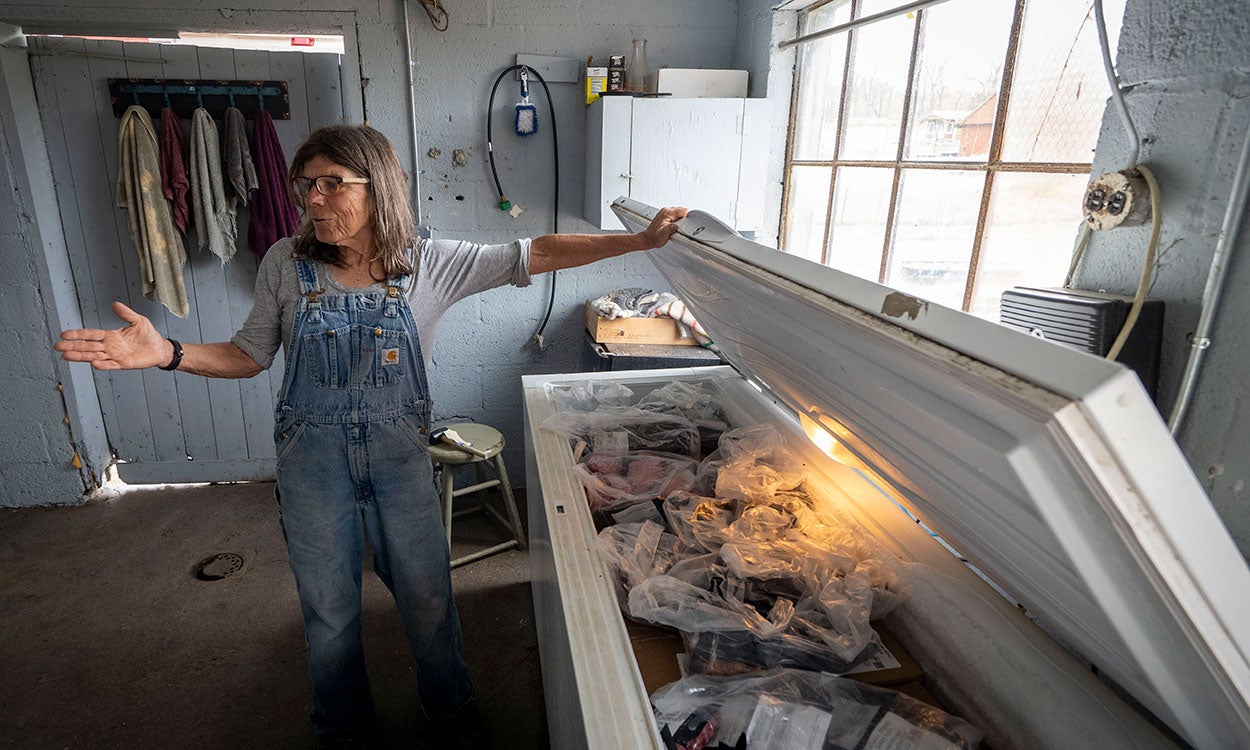
Direct Marketing Lamb: Selling Direct to Consumer
The growing interest in food chain transparency has fostered the growth of direct marketing meat to consumers. Learn some of the challenges and opportunities this style of marketing offers lamb producers.
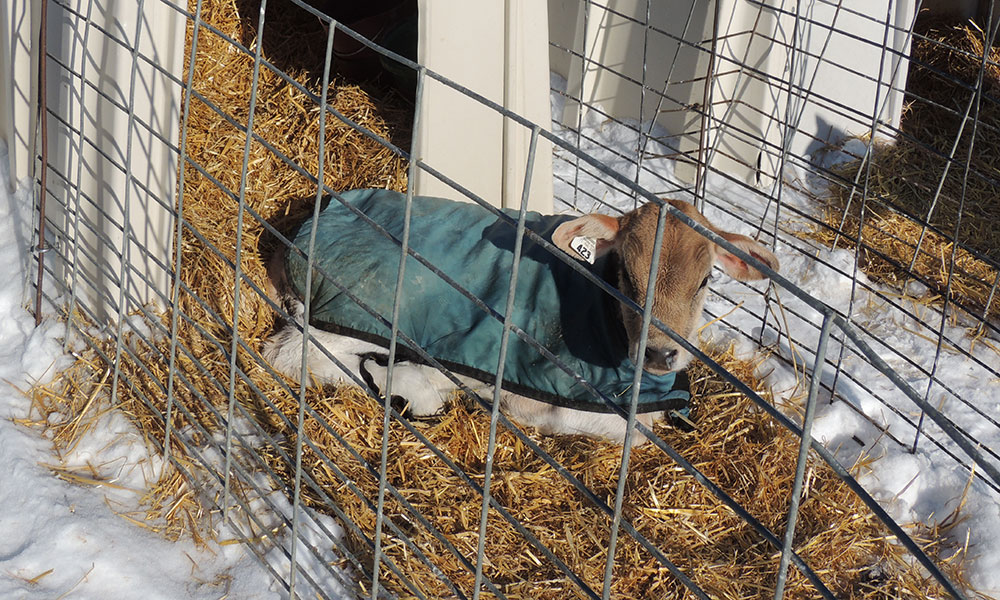
Winter Preparedness on the Dairy Farm
Weather this time of year can change in a hurry. So how many of you as dairy producers have heeded the warning and taken the time to prepare for the upcoming winter?
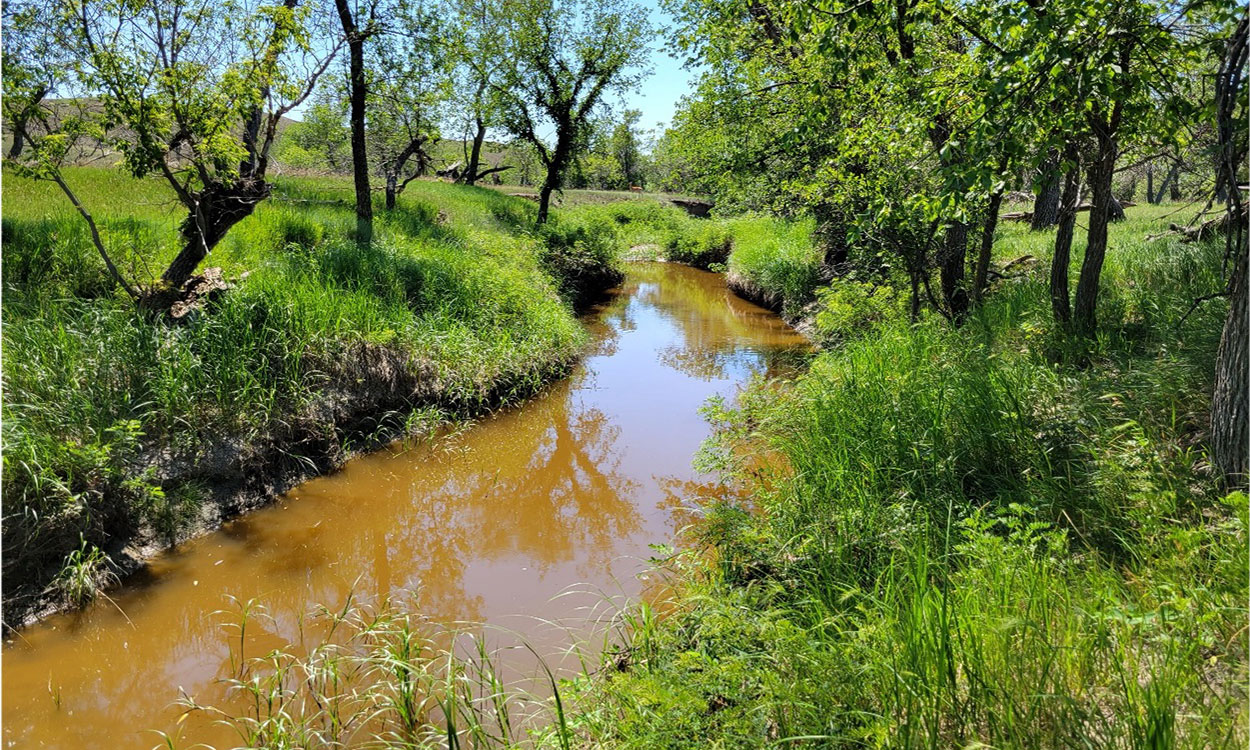
Ranching and Prairie Streams: Why Riparian Areas Matter
For many producers, riparian pastures are essential to their operations. However, land managers need to balance grazing and utilization needs with riparian health for the long-term benefit of their operation.
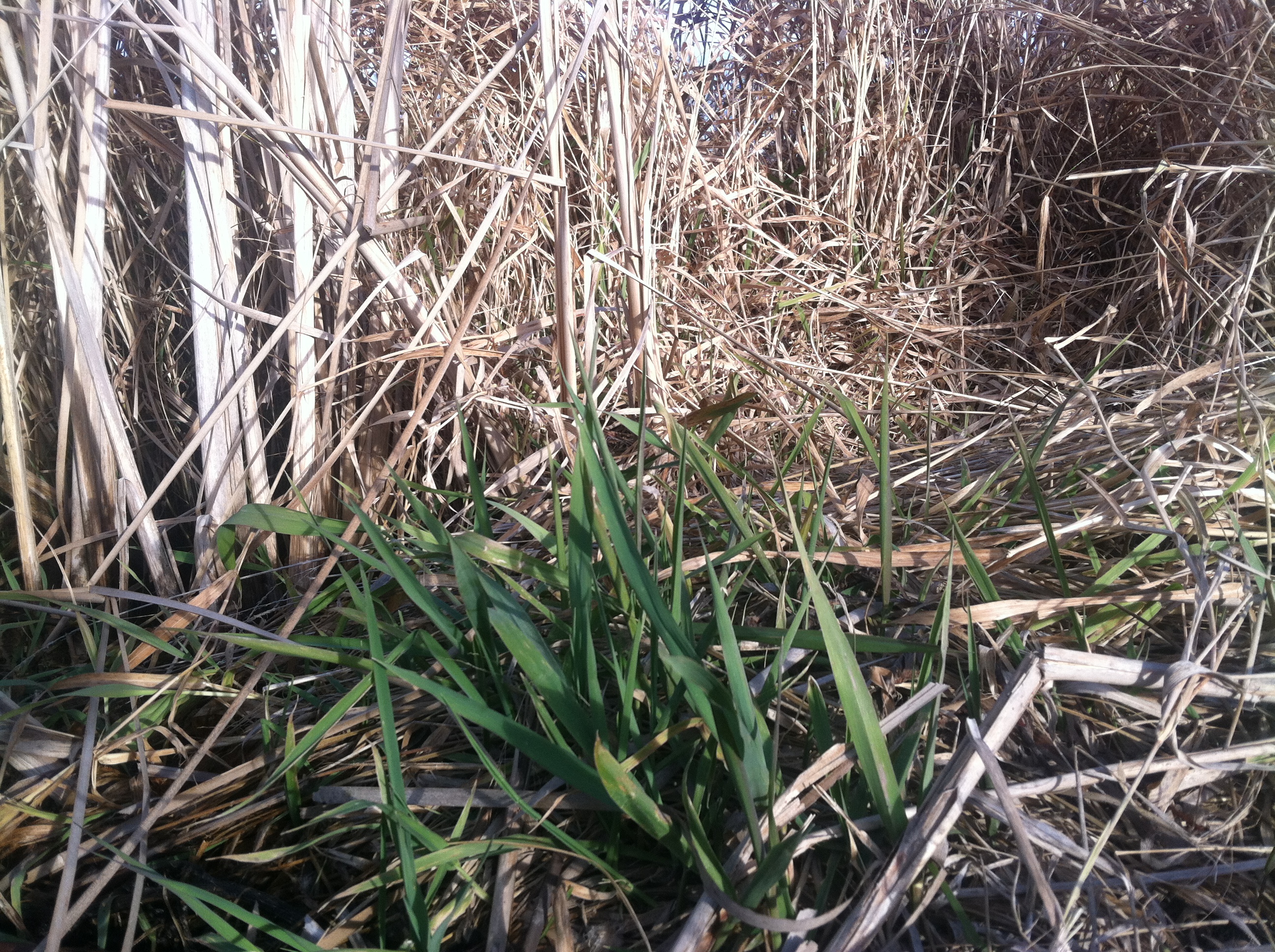
Reed Canary Grass: Possible Prussic Acid & Alkaloid Issues
Prussic acid issues with reed canary grass are poorly understood and may go unrecognized if they occur. This article addresses a little-known but interesting aspect of the biology of reed canary grass.

Cybersecurity Planning: Securing the Future
With reliance on digital technologies, precision agriculture requires securing data and implementing key strategies to safeguard digital assets and maintain operational integrity and confidentiality.
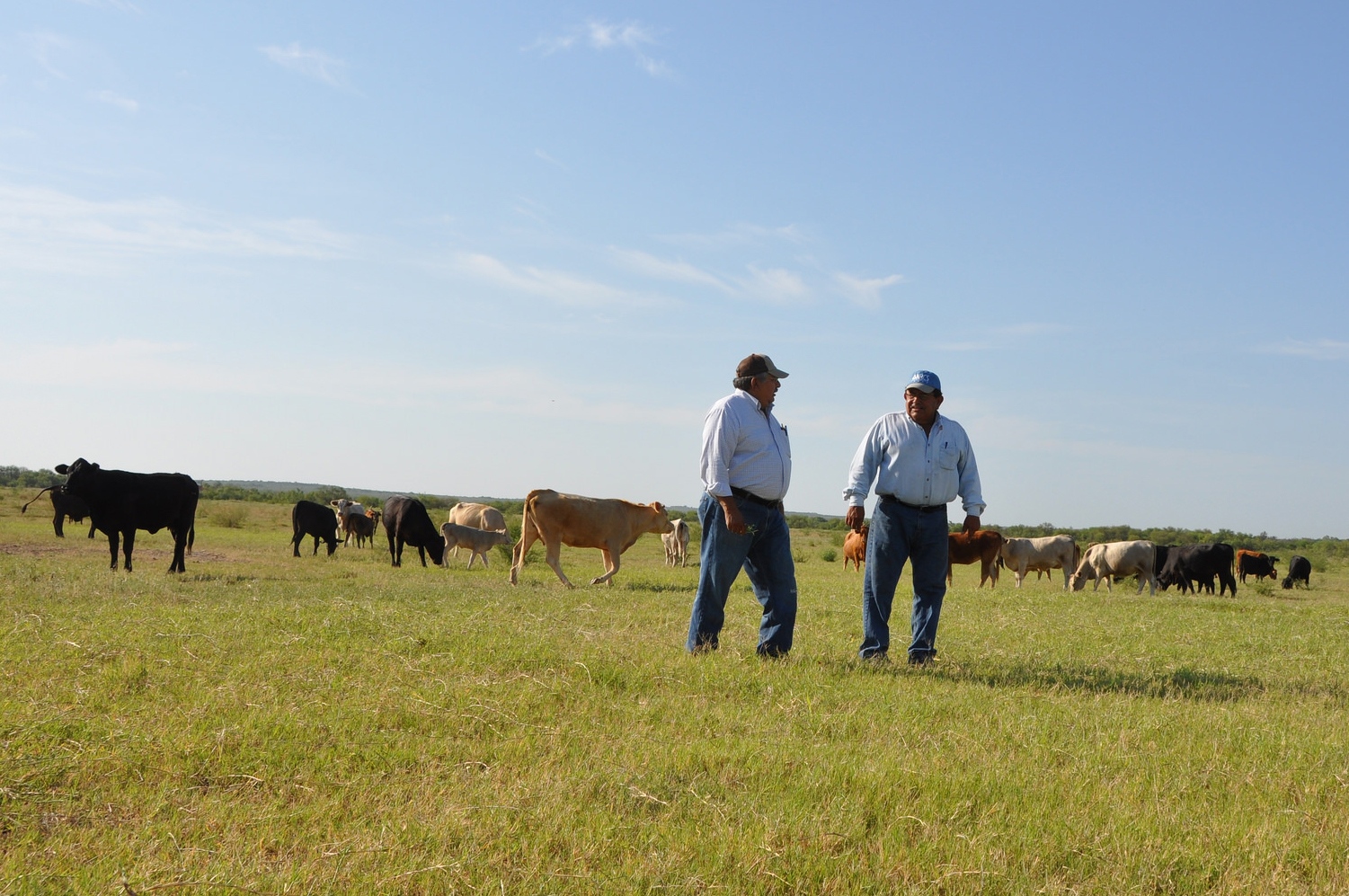
Rotational Grazing Benefits: South Dakota Producer Perceptions
To better understand producer perceptions on rotational grazing, we sent out 1,500 surveys to South Dakota ranchers inquiring about adoption status and perceptions of rotational grazing.
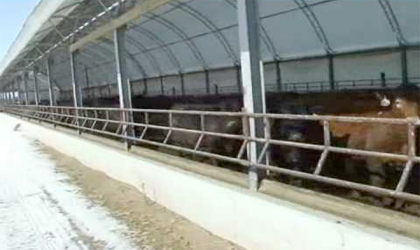
Are You Moving Enough Air in Your Calving Barn? Part 3: Ventilation requirements
Appropriate environments for calving barns are critical to give calves the best start when being born in cold weather. Calves require a dry, clean environment, with lots of fresh air and protection from the wind. A dry and clean environment is critical to avoid transmission of both scours and respiratory disease organisms, and this is primarily accomplished by providing clean bedding and proper ventilation.
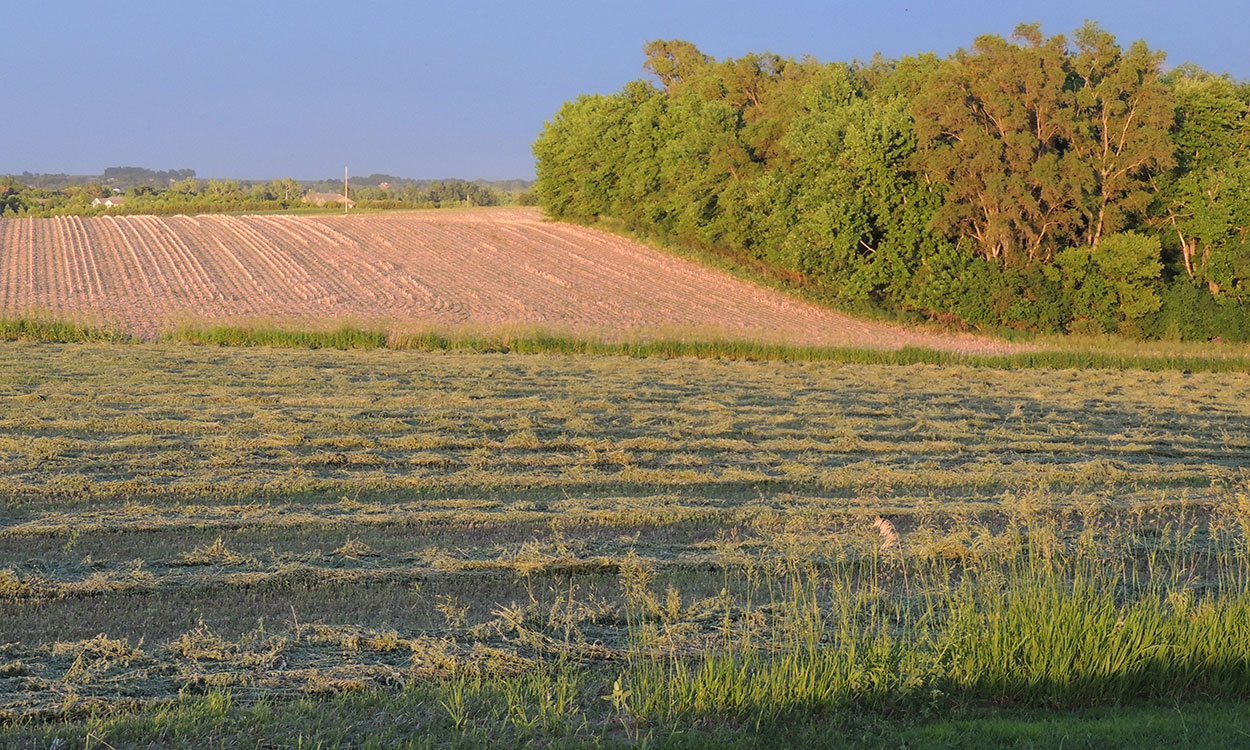
Forage Inventory and Demand Calculator
Calculator for inventorying livestock and forage on hand to determine additional forage purchase needs, or livestock sales.